„Der französische Soziologe und Orientalist Maxime Rodinson fragt in diesem Buch, welche Chancen der Kapitalismus als ökonomisches und gesellschaftliches System in den mohammedanischen Ländern hat. Für Rodinson ist die Ursache für das Ausbleiben einer kapitalistischen Entwicklung in der islamischen Welt nicht im Islam selbst zu suchen, »sondern in all denjenigen Faktoren, auf denen diese Ideologie basiert: in dem gesamten sozialen Leben der mohammedanischen Welt«. Durch eine komparative Analyse Chinas und der islamischen Welt zeigt Rodinson Gemeinsamkeiten in der sozialen Evolution beider Gebiete auf, die durch die Strukturen der Unterentwicklung bedingt sind, und diese sind nicht eigentümlich für die eine oder andere Kultur; sie sind soziologisch erklärbar, nämlich durch die koloniale Ausbeutung.“
Maxime Rodinson Bücher
Dieser marxistische Historiker und Soziologe spezialisierte sich auf Orientalistik und wurde Professor für äthiopische Sprachen. Sein wissenschaftliches Werk befasste sich mit einer breiten Palette von Themen, darunter Religion und politische Bewegungen. Rodinson war für sein Engagement in der linken Politik bekannt und wurde später zu einem bemerkenswerten Kritiker der israelischen Politik. Ihm wird zugeschrieben, den Begriff „islamischer Faschismus“ geprägt zu haben, um revolutionäre Phänomene zu beschreiben.

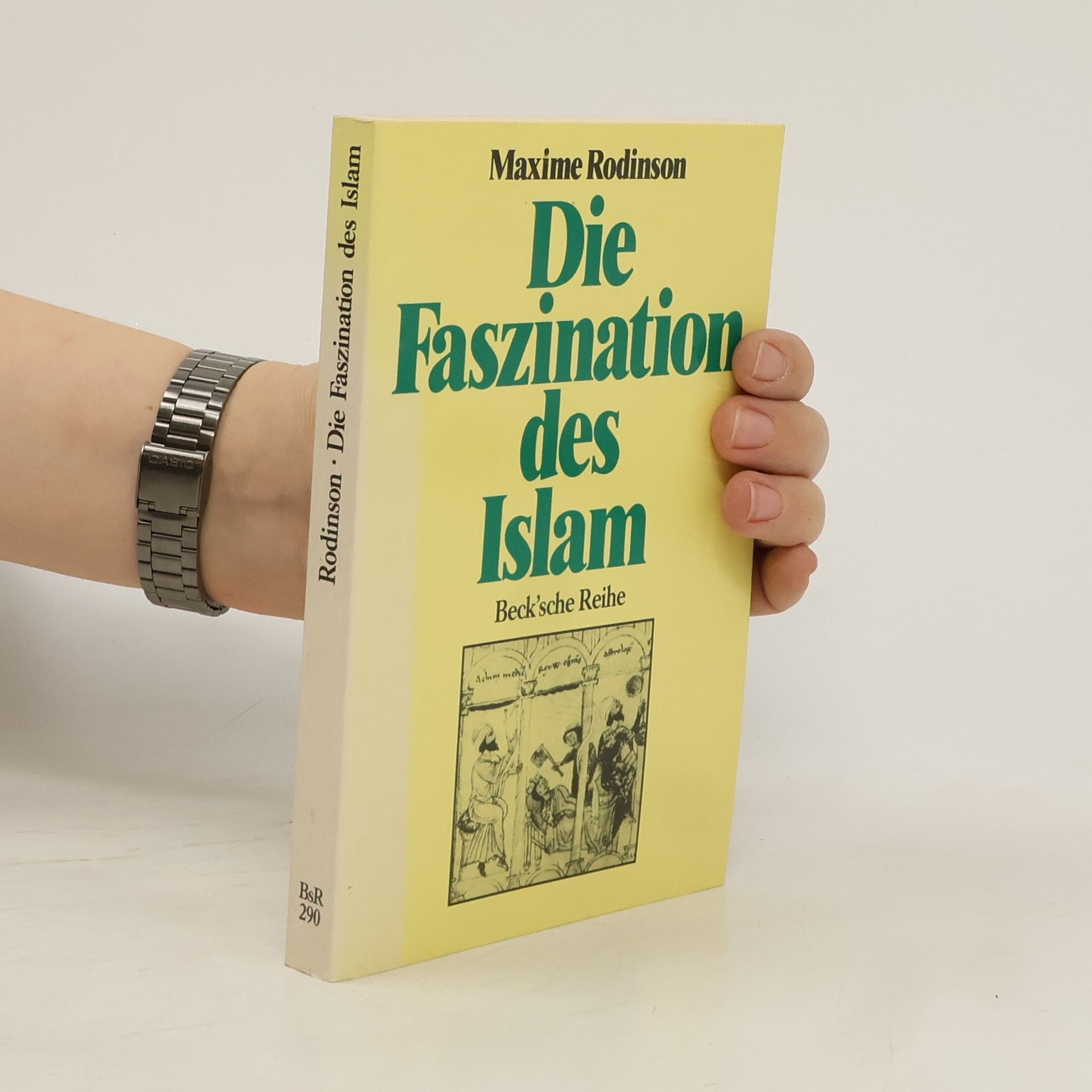
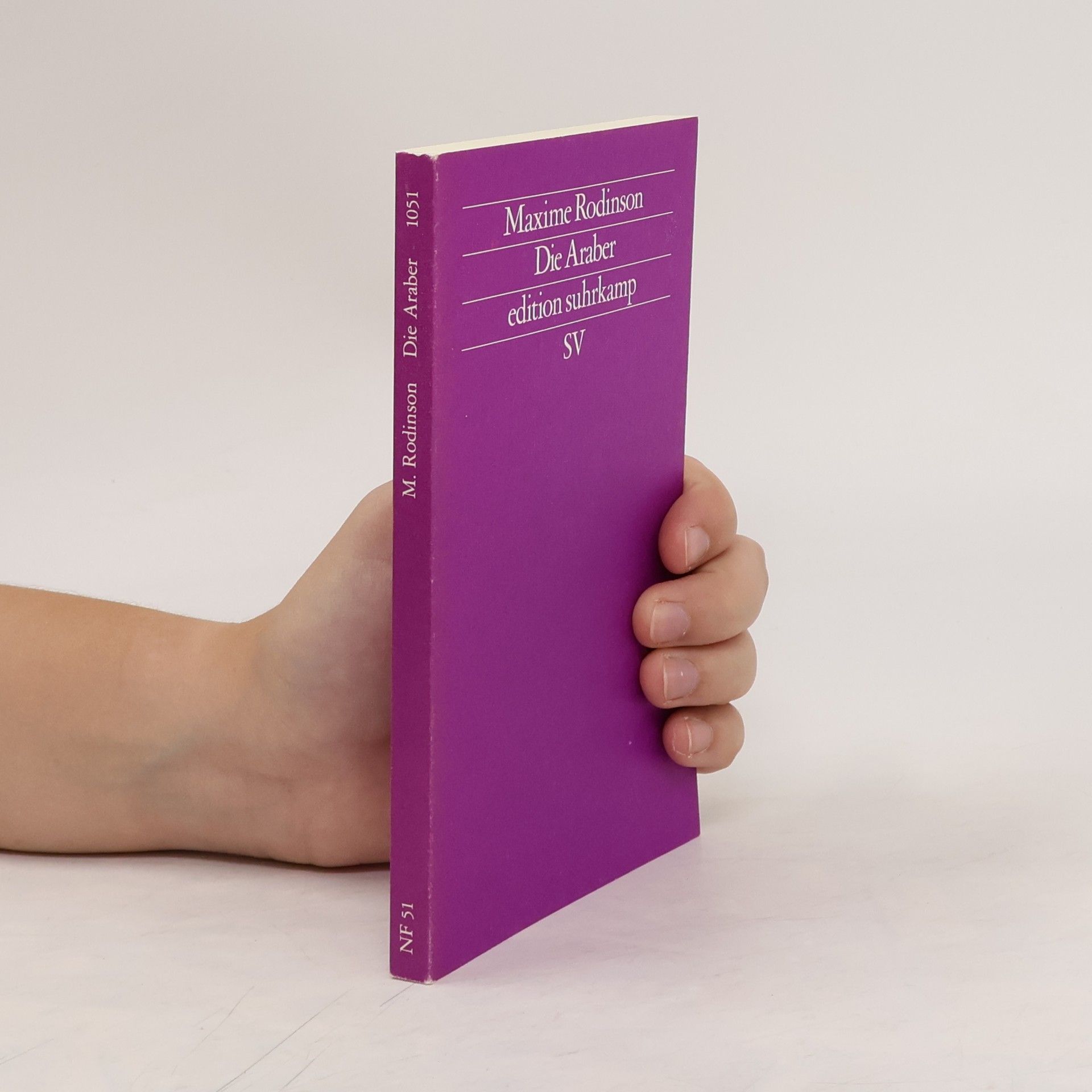
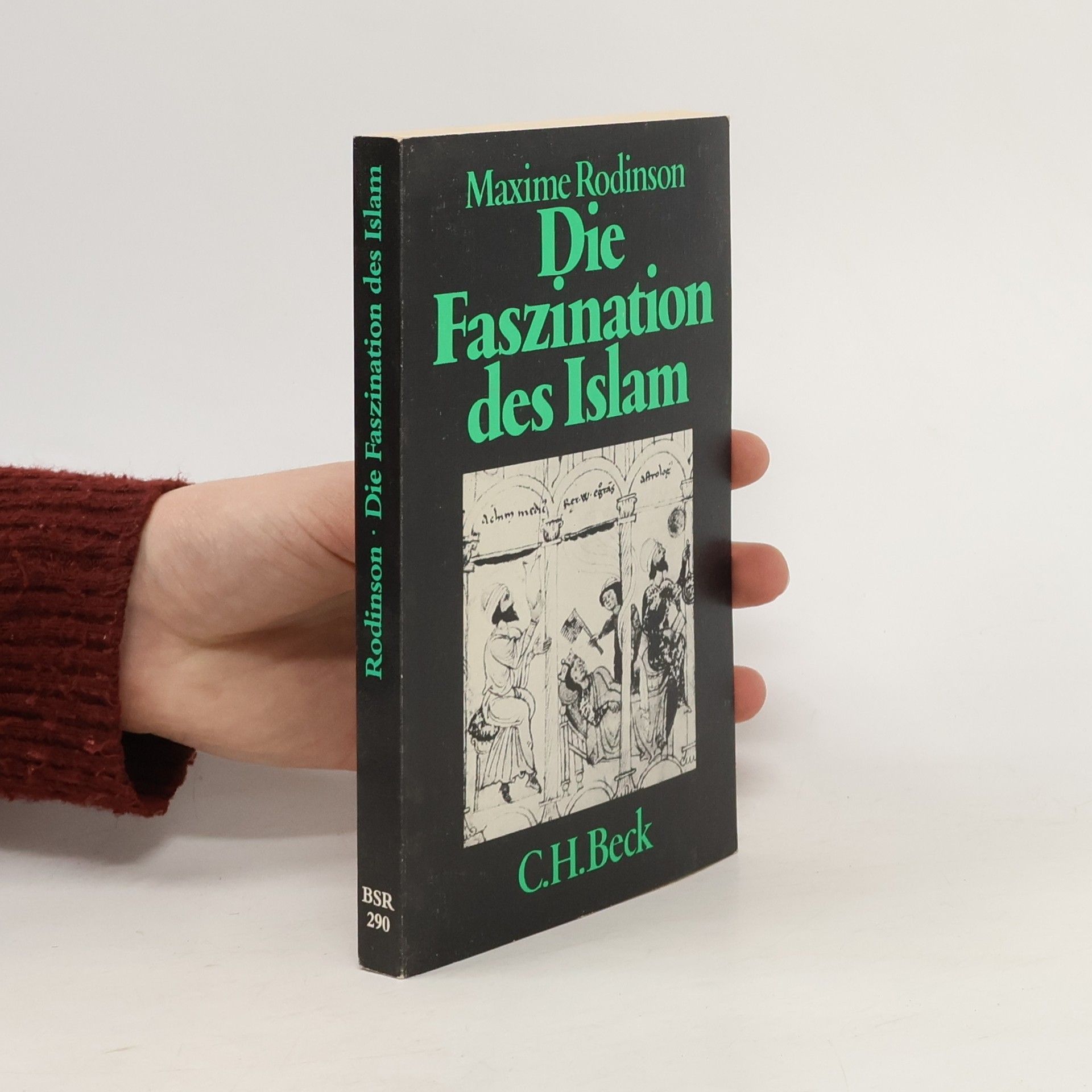
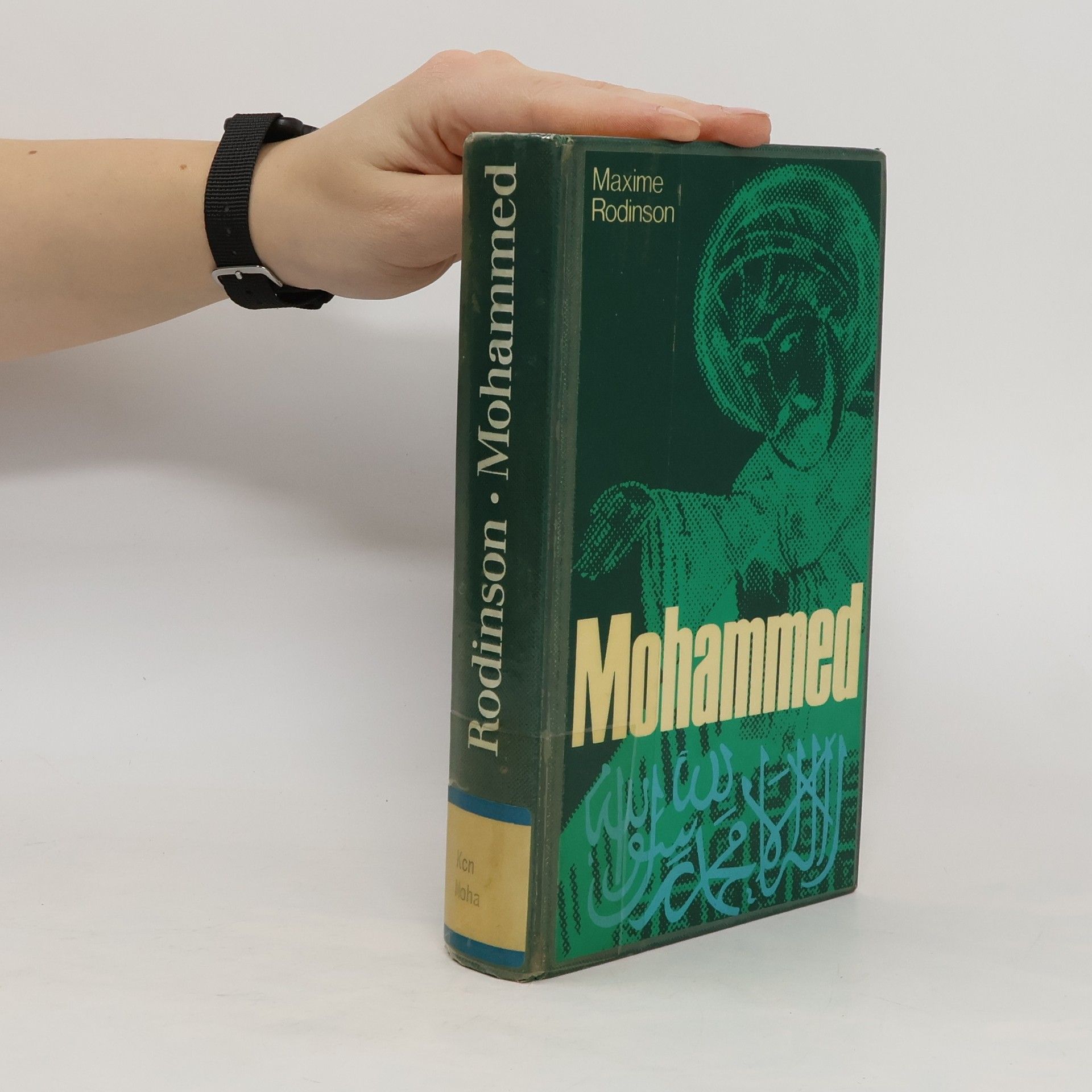
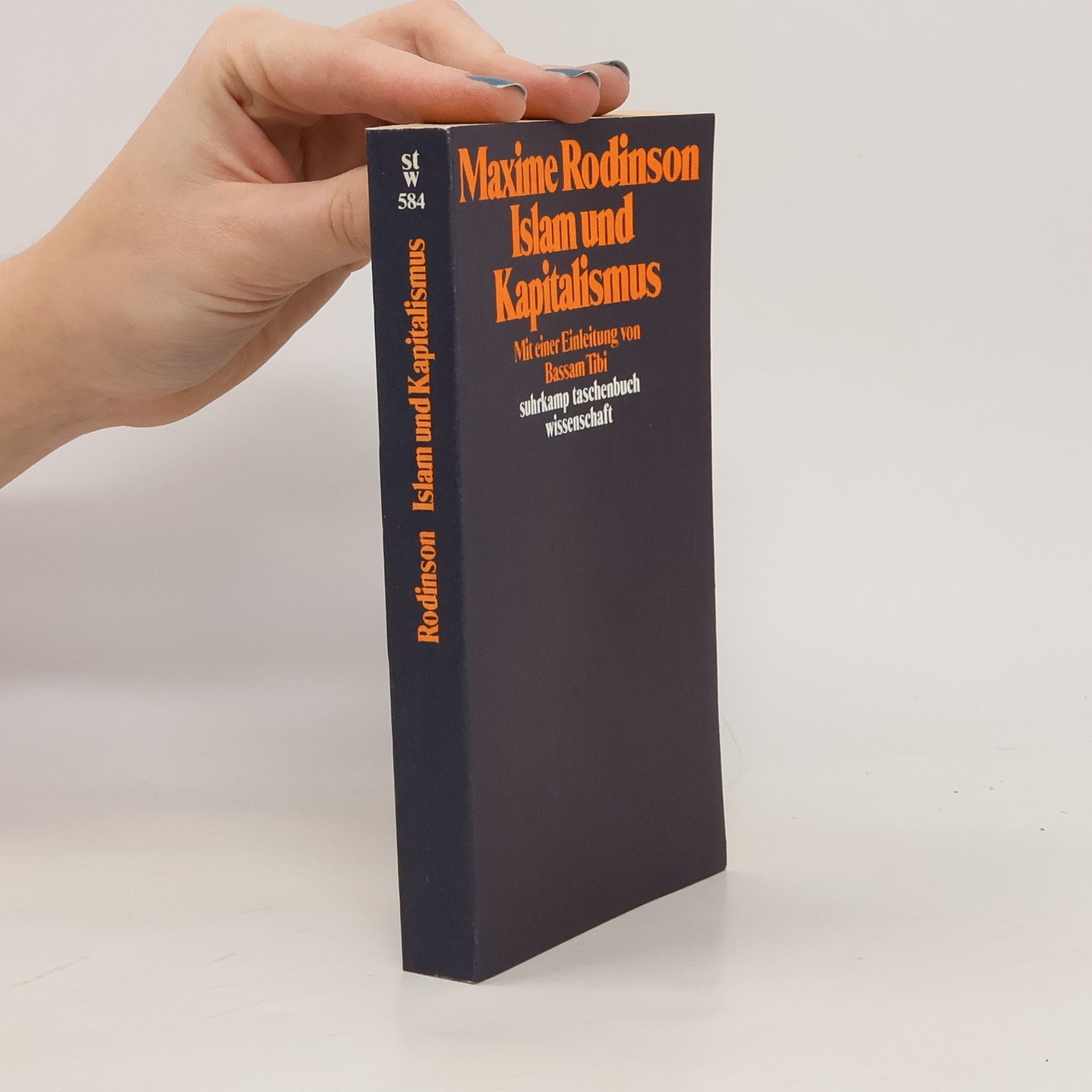
Beck'sche Reihe - 290: Die Faszination des Islam
- 174 Seiten
- 7 Lesestunden
Maxime Rodinson. Dt. von Irene Riesen 2., 1991 175 S. Taschenbuch C.H.Beck,
A classic secular history of the prophet Muhammad that vividly recreates the fascinating time in which Islam was born. Maxime Rodinson, both a maverick Marxist and a distinguished professor at the Sorbonne, first published his biography of Muhammad in 1960. The book, a classic in its field, has been widely read ever since. Rodinson, though deeply versed in scholarly studies of the Prophet, does not seek to add to it here but to introduce Muhammad, first of all, as “a man of flesh and blood” who led a life of extraordinary drama and shaped history as few others have. Equally, he seeks to lay out an understanding of Muhammad’s legacy and Islam as what he called an ideological movement, similar to the universalist religions of Christianity and Buddhism as well as the secular movement of Marxism, but possessing a singular commitment to “the deeply ingrained idea that Islam offers not only a path to salvation but (for many, above all) the ideal of a just society to be realized on earth.” Rodinson’s book begins by introducing the specific land and the larger world into which Muhammad was born and the development of his prophetic calling. It then follows the steps of his career and the way his leadership gave birth to a religion and a state. A final chapter considers the world as Islam has transformed it.
In his trademark polemical style, Maxime Rodinson examines the complexities of political Islam and Marxist ideology and their implications for Arab nationalism.